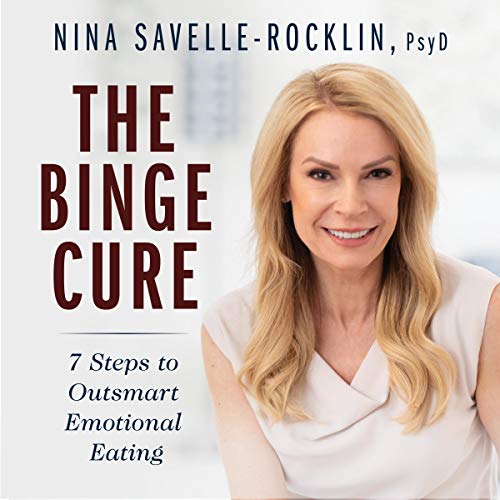Binge Eating Disorder
Frequently consuming unusually large amounts of food in one sitting and feeling that eating behavior is out of control.
Cluster Number:
Wiki Number: W022
Diagnosis: Binge Eating Disorder
US Patients: 3.5% young women
World Patients:
Sex Ratio:
Age Onset:
Brain Area:
Symptoms: eating faster and/or more than normal; no purging; often interspersed with rigid dieting
Progression: overweight, depressed people, low self-esteem; childhood obesity; 41% heritability
Causes: abused childhood leading to low self-esteem
Medications: lisdexamphetamine; selective serotonin reuptake inhibitor
Therapies:
Youtube Video: Binge Eating Disorder
Amazon or Library Book:
The Binge Cure
Amazon or Library Book: Stop Eating Your Heart Out
Click the book to link or order from Amazon.
Click the book to link or order from Amazon.


